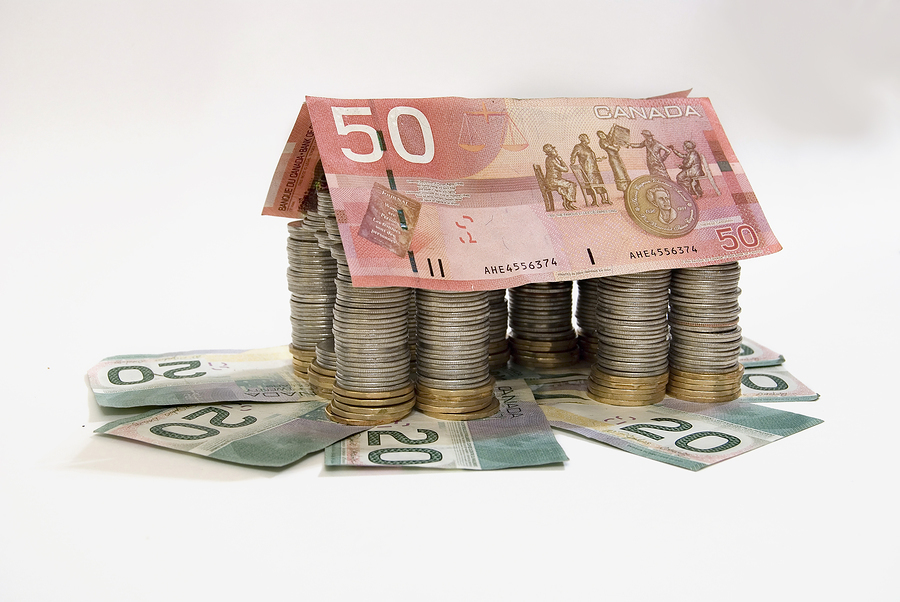Your primary home is a shelter, not an investment. A shelter is a quintessential part of your physiological needs, along with water and foods. Too many homeowners don’t understand that concept, so they trade up to a new home an average every eight years, or they leverage their home equity to consolidate credit card debt, add a pool, or renovate the kitchen.
When homeowners have mistaken their primary home for an investment, they often get in trouble. The 2008 Housing Crisis showed that misunderstanding could be catastrophic.
2008 Housing Crisis
Greedy Wall Street firms and fraudulent mortgage brokers were mostly responsible for the 2008 Housing Crisis, but homeowners who used their primary homes as ATMs were significant factors.
For example, according to a Federal Reserve’s study, homeowners cashed out more than $350 billion per year worth of equity from their homes from 2003 to 2007. Home equity is the difference between your home market value and the mortgage balance. When the market collapsed one year later, nearly 11 million homeowners lost their homes to foreclosure.
The collapsed housing market created room for the single-family home rental industry. New companies and existing private equity firms started buying foreclosed single-family homes and turned them into rentals.
Now, every metro area in the country is experiencing a housing crisis. A distressing percentage of those 11 million people who lost their homes during the crisis are still renting or living with relatives.
If you could talk to some of those people now, they would tell you that the pool, renovated kitchen, or the Hawaiian vacation was not worth losing their shelter over.
Homeowners started using their homes as ATM again before the pandemic-induced recession. Cash-out refinancing and home equity line of credit (HELOC) applications were up. Although they still have plenty of equity in their homes, lenders have tightened their lending standards. We have to wait and see if the mayhem will pick back up once the country contains the virus.
The Bottom line
Net worth is total assets minus total liabilities. As you pay down your mortgage, along with the increasing market value of your house, you can be house rich. However, you cannot afford to mistaken your home for more than what it is– a shelter.








Pingback: What is Debt Financing: EXPLAINED - Finance - FMC